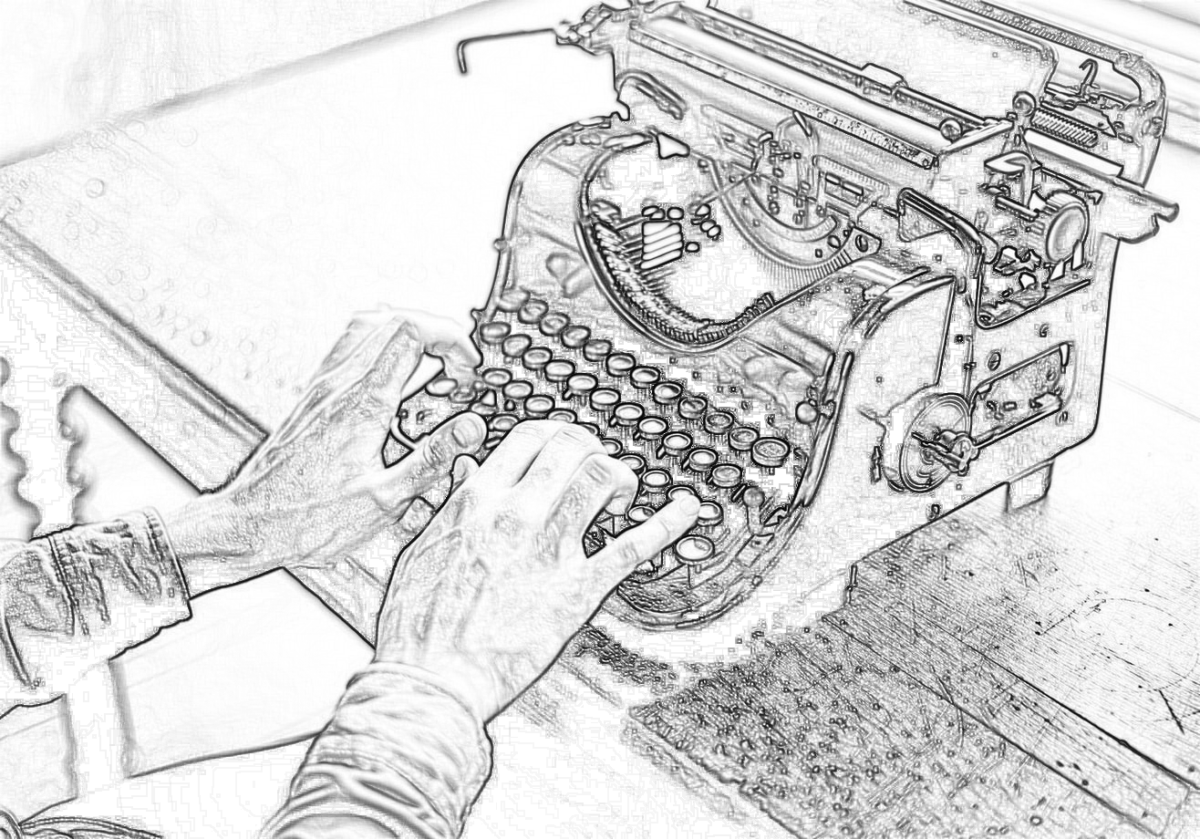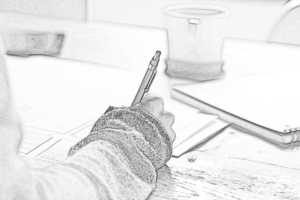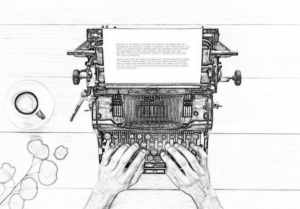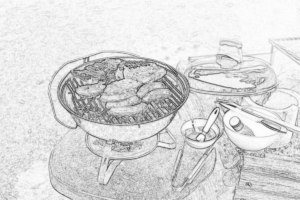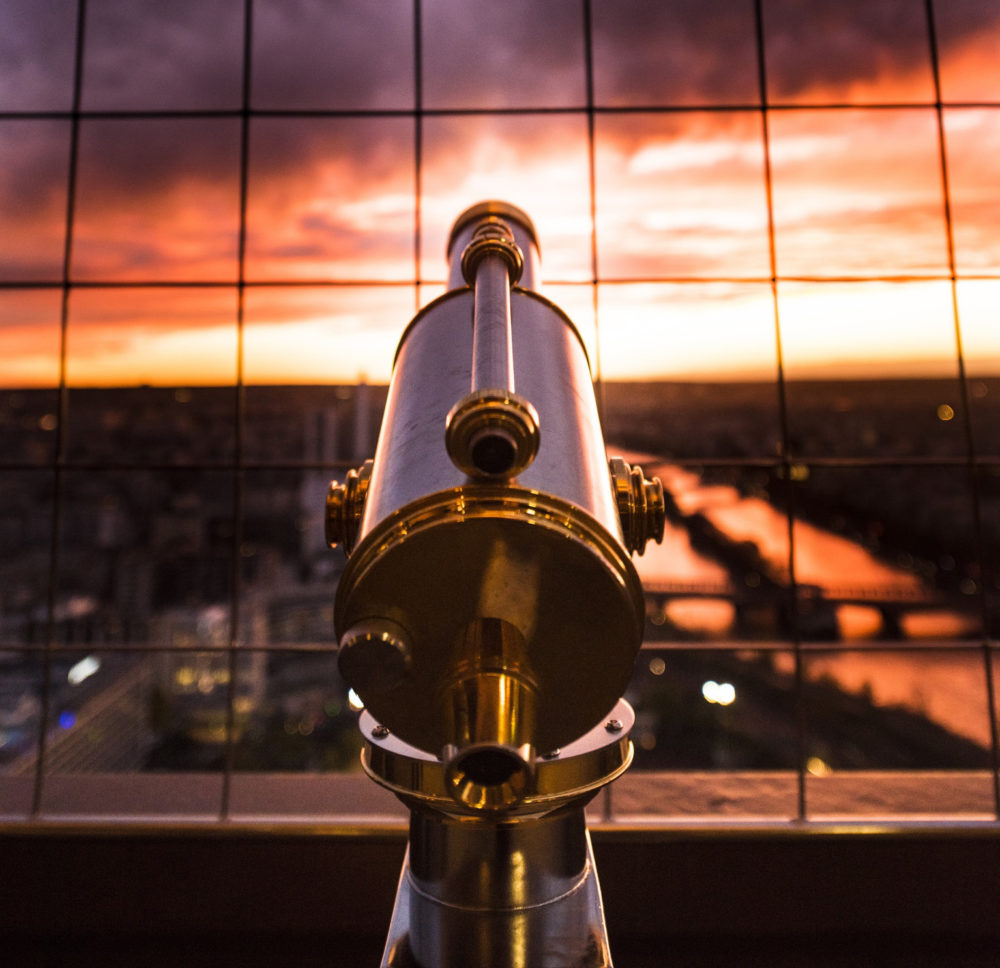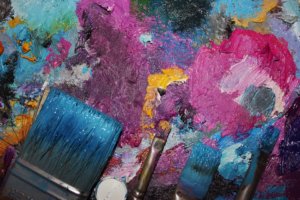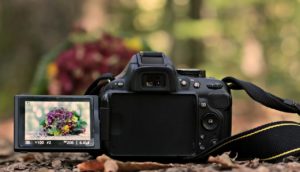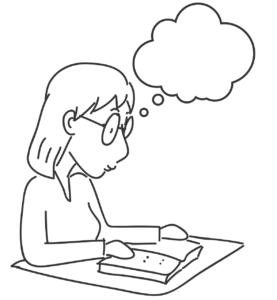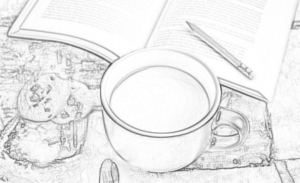What’s the first step to becoming a writer? You’d think it would be “write”, but it’s not. In speaking to other writers and from what I know of my own journey to becoming a writer, I’ve come to realize that the biggest obstacle for new writers is that they don’t think of themselves as writers. They have trouble developing the belief that they are writers and yet it’s something you have to do. When you haven’t developed that belief, that conviction, it becomes a source of sabotage–you don’t value your work enough to give it the time and the space it needs. How do you come to think of yourself as a writer, especially when you’re not earning a paycheck as a writer? Here are a few tips:
What Happens When You Write?
If you want to be a writer, I’m assuming you feel you have something to say and a strong desire to say it. You may not know how you’re going to say it or in what form (poetry, novel, essay, etc.) but you know something is there. Okay, you pick up your pencil or pen or you sit down to your computer or typewriter. Write something. Whatever you write, just make sure your heart is in it. It doesn’t have to be perfect, it doesn’t have to be neat. It does have to be expressive.
Next, as painful as it may be, you have to show this writing to someone. It can be a friend, it can be a family member. Then, pay attention to what happens. Did the person reading your work cry, laugh or get angry? If so, you did that! It means you can have an effect with your writing. It’s worth something. You have to keep going!
A teenager recently wrote to me concerned because she’s writing fiction and she’s worried her mother will read it and get upset because she thinks it’s stuff the teenager really did. On the one hand, that is a bummer to have to explain yourself to your mother, but on the other hand–wow, that means the young lady’s work is believeable and effective. That kind of feedback is hard to ignore. It’s powerful motivation to keep you going–if you take the time to notice and honor that it’s happening. I once had a writer say to me, “I don’t know if my stuff is any good. I just know that when people read it, they cry.” I told her you can’t get a message any clearer than that kind of response. Now she just has to listen to it.
Cultivate Silence
If you’re having trouble thinking about what it is you have to say, it may help you to spend some time each day in silence. Some writers pray. Some meditate. The idea is to get used to clearing your brain space and tuning in to your inner voice. You’ll also be more aware of those little scraps of possibility floating around in your head that can later grow into big ideas.
What Do You Want to Write? Experiment!
It’s okay if you don’t know what you want to write about. It may take a long time journaling for you to see what keeps coming up for you. And it may take longer to find the form that fits you best. I went from poetry to essays to long-form letter writing before I settled on fiction. It took me years to do that. It doesn’t mean I won’t do anything else in those genres, but what I’m doing right now just fits. I encourage you to experiment until you find the form that suits your writing best.
Continually Remind Yourself You Are a Writer
As you develop your belief that you’re a writer, it’s helpful to set up reminders that will jog you back to that brain space that you need to be in to write. When you sit down to write it’s easy to get distracted and starting thinking about doing laundry or what’s for dinner. You’ll want to have something either on your desk or on the wall in front of you that reminds you to get back to work and that you are a writer.
It might be your list of values that remind you that writing is a part of who you are. It may be simple words such as CREATE or INSPIRE. Isabel Allende, who writes beautiful, historical novels will sit in her office with photos around her, old photos of people who essentially represent her characters so she’s surrounded by them. That puts her back into the brain space of her book because she is sitting in their world; these people are all around her.
What world do you need to be in? The journey you take to get there will be one of many you’ll take as a writer. I hope these ideas will help you take those first steps. What you write–and where you go from here–is entirely up to you. Bon Voyage.

